
Authentic Happiness
Using the New Positive Psychology to Realize Your Potential for Lasting Fulfillment
ISBN: 9780743222976
Pages: 336
Recommendation
getAbstract highly recommends this work by Martin E. P. Seligman, the founder of "positive psychology" and the author of Learned Optimism. This book combines the erudition of psychological research with the accessibility of a self-help text. The author explains why happiness matters. He recapitulates and takes issue with the flawed deterministic assumptions that guided much of twentieth century psychology. He is careful to emphasize the importance of your individual control over your feelings and thoughts. The idea that people actually are in control of their fate marks a departure from Freudianism and behaviorism. Seligman argues, instead, for an understanding of character and virtue rooted in early Greek philosophy. However, his book is not merely theoretical or descriptive. He offers guidance on how you can change your way of thinking to change how you feel - and, thereby, get on the road to achieving long-term happiness for yourself and for others, especially your children.
Summary
About the Author
Martin E.P. Seligman, Ph.D., is a professor of psychology at the University of Pennsylvania, the director of the Positive Psychology Network, and former president of the American Psychological Association. His 20 books include Learned Optimism and The Optimistic Child.







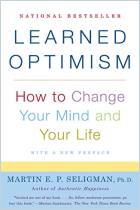
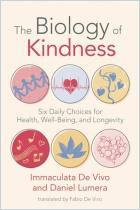
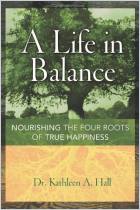
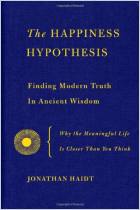

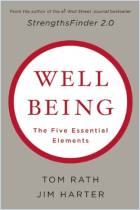
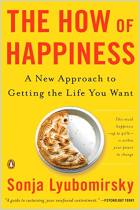



Comment on this summary or Начать обсуждение